



Huawei invests in Ethernet chip company
In recent years, Huawei has significantly increased its investments and strategic deployments in global network technology, with its focus on Ethernet chips drawing considerable attention from the industry. As a global leader in communications and information technology, Huawei’s strategic vision has expanded beyond traditional communication equipment and infrastructure to encompass more critical areas such as network chips, data centers, and cloud computing. Huawei's investment in Ethernet chip companies not only signifies a deeper commitment to the chip industry but also demonstrates the company's long-term strategic foresight in the global network technology competition.
1. The Importance of the Ethernet Chip Market
Ethernet chips are indispensable core components of network devices, and the demand for them continues to rise. With the rapid development of emerging technologies such as 5G, artificial intelligence, big data, and the Internet of Things (IoT), global network traffic is increasing, particularly in critical devices such as data centers, high-speed switches, and routers. The performance of Ethernet chips directly impacts network stability and transmission speeds. To meet the growing bandwidth demands, modern Ethernet chips must not only support higher transmission rates but also feature lower latency and greater integration.
As a leader in global network equipment and communication technologies, Huawei recognizes the central role of Ethernet chips in future network architectures. By investing in Ethernet chip companies, Huawei aims to further control key technologies, enhance its competitiveness in the global network equipment market, and lay the foundation for future developments in data centers, cloud computing, and 5G.
2. Huawei's Chip Strategy
Huawei’s chip strategy has always focused on improving its independent research and development capabilities and driving technological innovation. Over the past few years, Huawei has made significant breakthroughs in cloud computing and artificial intelligence through its self-developed Kunpeng and Ascend chips. Now, Huawei’s investment in Ethernet chips further demonstrates its ambition and strategic vision in chip research and development.
By investing in relevant companies, Huawei can gain access to advanced Ethernet chip technologies and their R&D teams, accelerating breakthroughs in key technologies such as data exchange, traffic management, and network intelligence. At the same time, Huawei’s investment is expected to foster the development of the entire industry chain, driving technological progress within the company while also promoting innovation and transformation within the global Ethernet chip sector.
3. The Significance of Huawei's Investment in Ethernet Chip Companies
1. Enhancing Technological Autonomy
For Huawei, gaining control over core technologies is of paramount importance. Given the changing global political and economic landscape, Huawei faces increasingly complex external challenges, especially concerning the chip supply chain. By investing in Ethernet chip companies, Huawei can further enhance its independence in key technologies, reduce reliance on external suppliers for critical components, and ensure its sustained competitiveness in the global market.
2. Promoting 5G and Data Center Development
Ethernet chips are core components of high-end network devices such as 5G base stations, data centers, and cloud computing systems. As 5G commercialization accelerates and data center construction expands, the demand for high-performance network devices will continue to rise globally. Huawei’s investment in this field not only provides more stable technological support for its 5G and data center construction but also helps increase its market share in the global communications market.
3. Strengthening Globalization Strategy
Huawei has already achieved success in its globalization strategy across multiple sectors, from 5G network equipment and smart terminals to cloud computing and data centers. By investing in Ethernet chip companies, Huawei can deepen its global network presence, particularly in markets with mature chip technologies, such as North America and Europe, thus enhancing its market influence and brand value.
4. Industry Response and Future Outlook
Huawei’s investment in Ethernet chip companies has garnered widespread attention within the industry. Many analysts believe that this move will not only bring Huawei to a new level of technological innovation in the chip sector but also signal that the company is deepening its footprint in the global network equipment market. As network traffic and data transmission demands continue to rise, Ethernet chip technology will become an indispensable key technology in the global communications industry.
Looking ahead, Huawei’s investment will not only improve its own technological capabilities but could also drive the evolution of the entire industry. With the full development of 5G, IoT, big data, and other technologies, the performance requirements for network devices will continue to grow. Huawei is well-positioned to capitalize on its investment in Ethernet chip companies, staying ahead of the curve and driving technological innovation and application in this emerging field.
5. Conclusion
In conclusion, Huawei's investment in Ethernet chip companies is a vital strategic move for its deepening presence in the global network technology field. Through this investment, Huawei not only advances its research and development in chips but also strengthens its competitiveness in the global communications and data center markets. As global network demands continue to grow, Huawei’s strategic positioning in Ethernet chip technology is expected to play a significant role in driving technological progress and contributing to the development of global network technologies in the coming years.

Please contact us if the source is mislabeled or violates your legal rights.
We will promptly correct and delete, thank you.

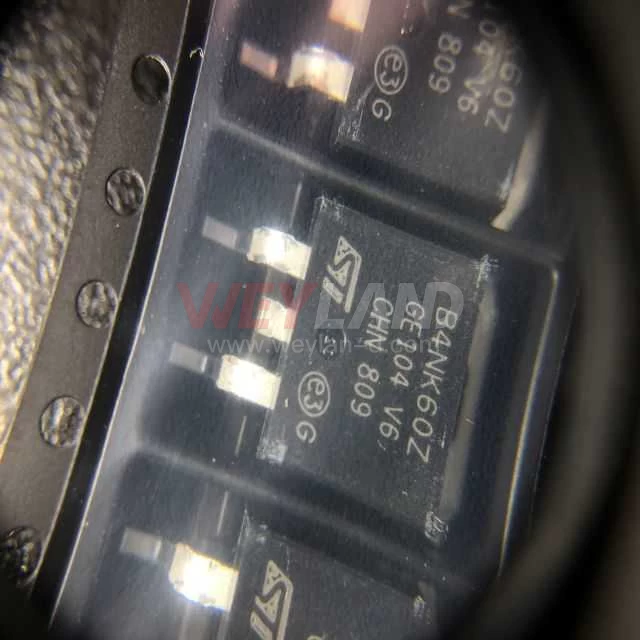
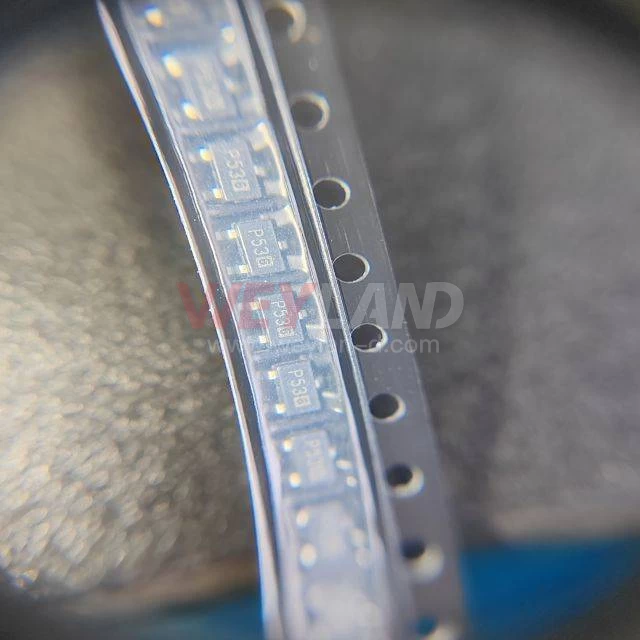
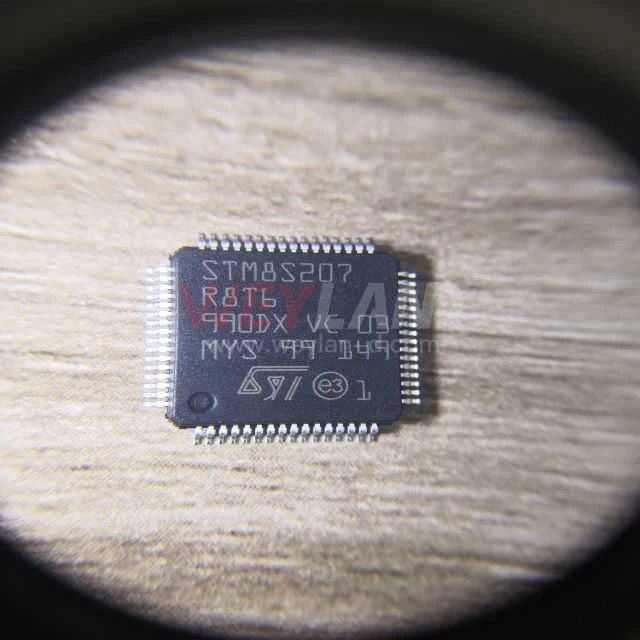
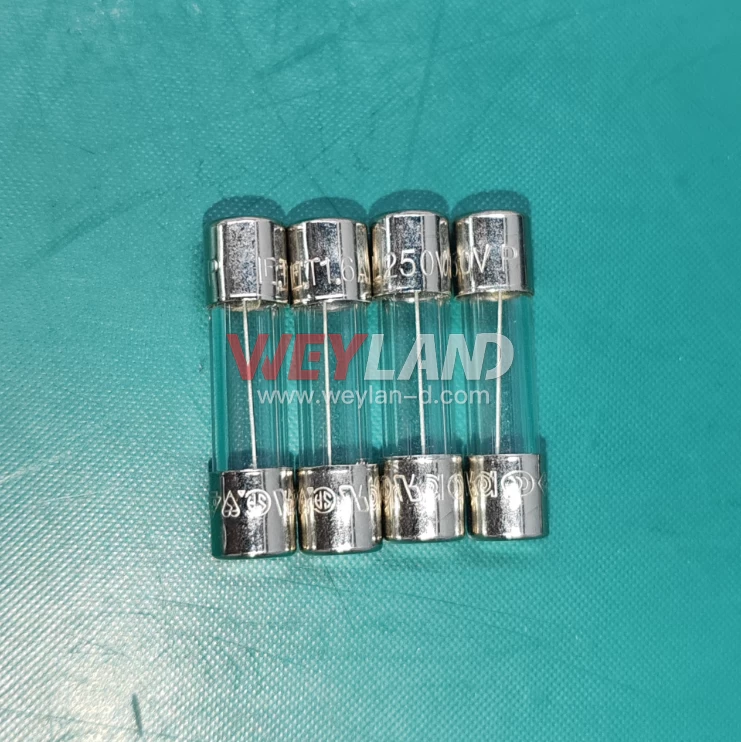
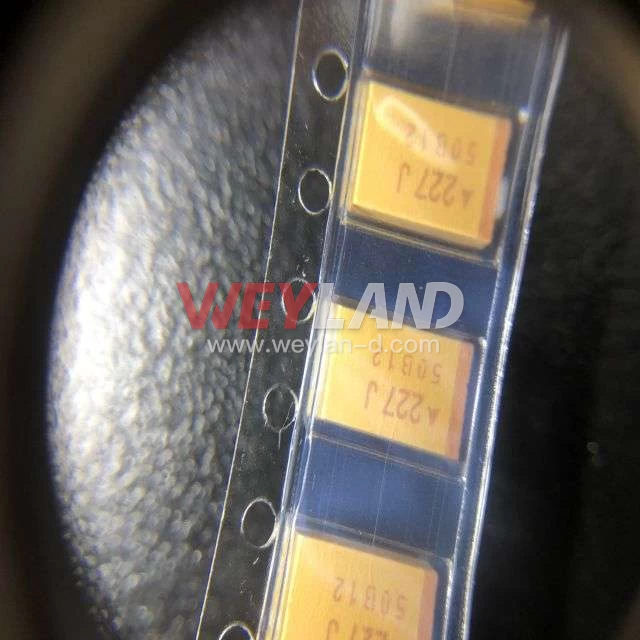

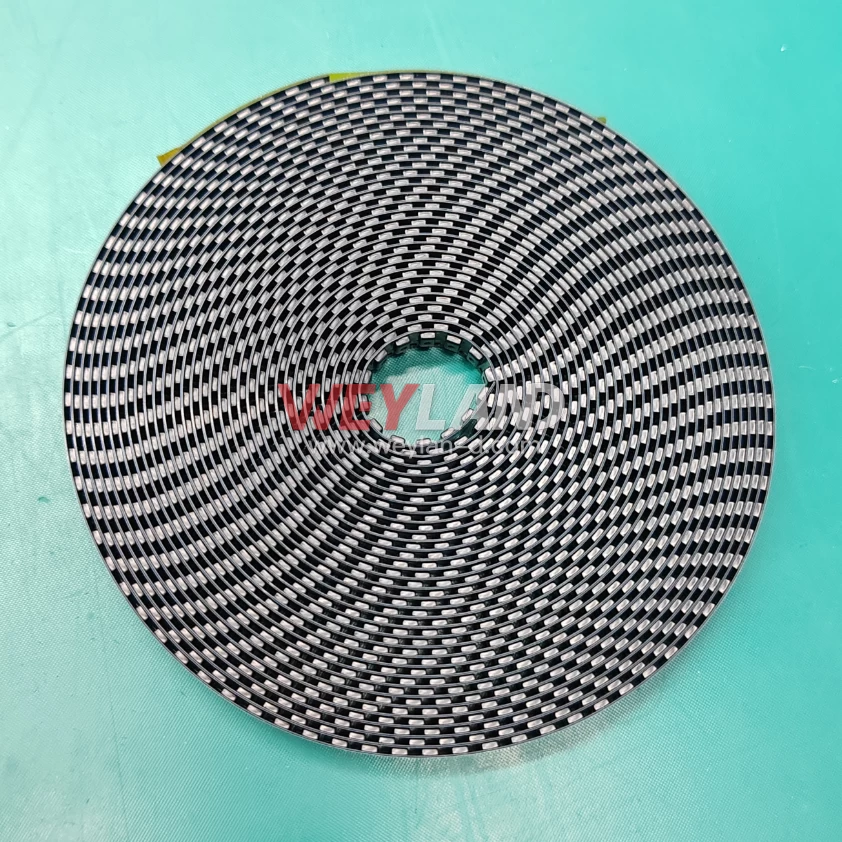
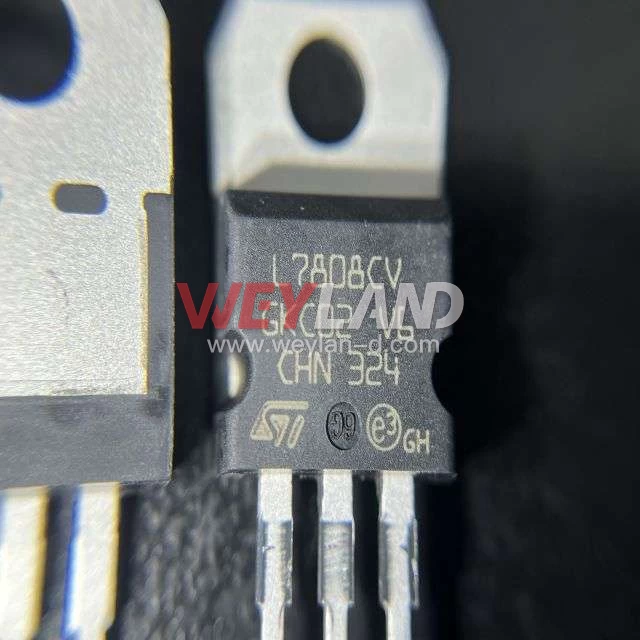

.9246509.png)












[email protected]
7500A BEACH ROAD #04-307 THE PLAZA SINGAPORE (199591)
RM 705.7/F.FA YUEN COMM BLDGNO.75-77.FA YUEN STREET.MONGKOK.KLN.HONG KONG
